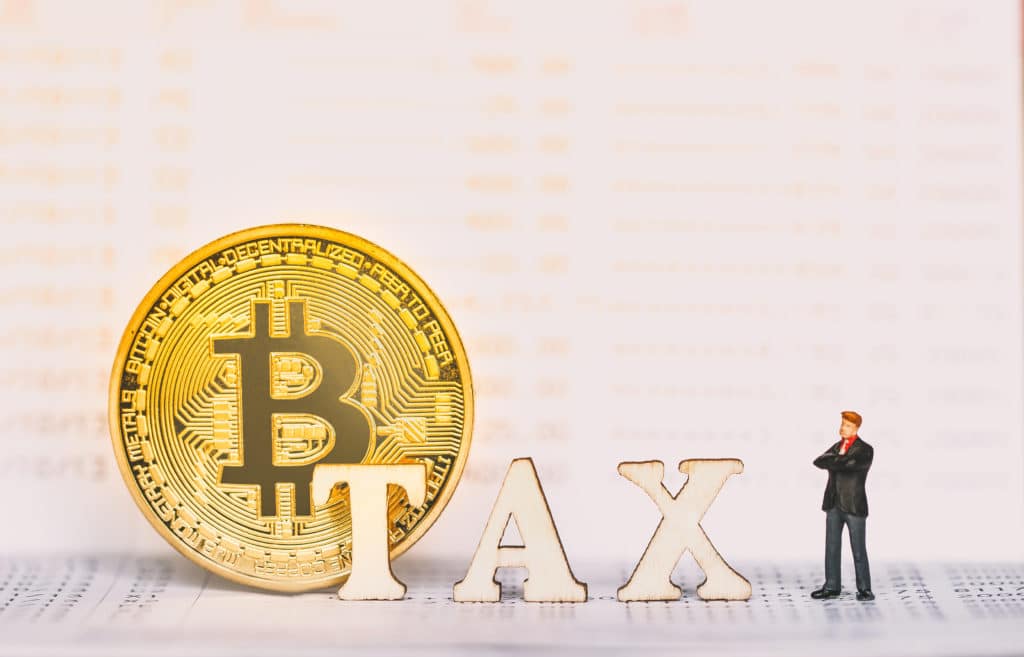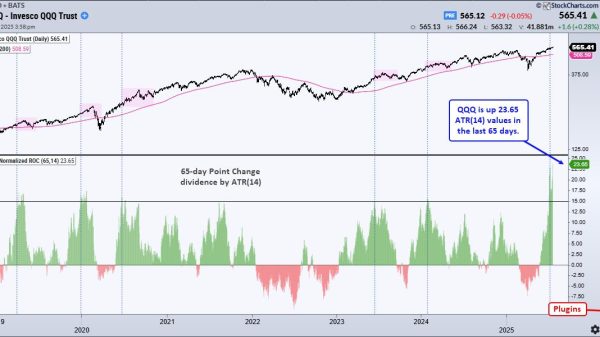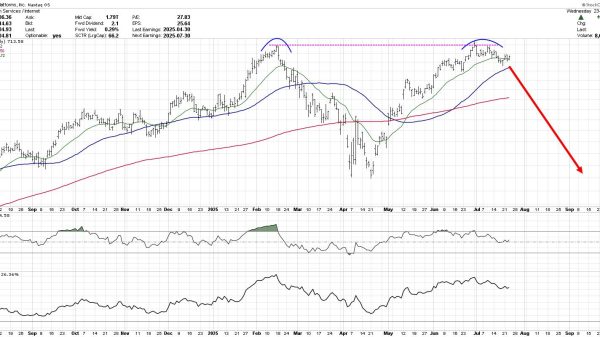
Is cryptocurrency legal in India – Get All The Information
Key Takeaways:
- There are over 19 million cryptocurrency investors in India, with Delhi leading the way.
- Cryptocurrencies lack legal tender status but are used for trading and investments.
- The Indian government has introduced a 30% tax on cryptocurrency transactions.
- While trading in cryptocurrencies is legal, regulations are pending to define the rules for operations and mining.
Have you ever thought about whether cryptocurrency is legal in India? Should you invest in virtual currencies as a professional trader in that country? First, cryptocurrency in India and its famous crypto exchanges have been extremely popular.
It seemed that every other Indian quickly became interested in blockchain technology and virtual digital assets, which became their most frequent investments. According to a report from CoinSwitch, India boasts more than 19 million cryptocurrency investors.
Among Indian cities, Delhi is the cryptocurrency capital, boasting more investors than Mumbai and Bengaluru.
So, for all of you eager to find out: Is it legal to invest in cryptocurrencies in India, we’ve prepared a lot of useful information you’ll need! Let’s dig deeper, shall we?
What is the position of cryptos in India?
In India, it’s essential to understand their position in the financial landscape when it comes to digital assets and cryptocurrencies.
While these crypto assets lack legal tender status, they are actively used for trading and investments. The Indian government recognizes that these digital currencies, despite not being endorsed by the central bank, play a significant role in both the international and Indian economies.
To address this, the Indian government introduced a tax of 30% on cryptocurrency transactions in the 2022 union budget. However, this tax imposition doesn’t confer complete legality upon these crypto assets.
There are no clear rules for now.

Currently, there are no clear rules in India for cryptocurrency operations, and traders are eagerly waiting for the government to introduce a bill that will outline these regulations for transactions and mining.
Digital assets, including private cryptocurrencies such as Bitcoin and Ethereum, as well as NFTs, play a significant role in the Indian and global economies.
Cryptocurrency exchanges facilitate numerous transactions, underscoring the government’s need to understand their workings and establish comprehensive regulations.
Is trading in cryptocurrency legal in India?
Investing in cryptocurrencies is permitted in India, and many individuals actively participate in these exchanges to explore the potential benefits.
However, it’s important to note that cryptocurrencies lack legal tender status and cannot be used for traditional banking purposes.
Transactions within these exchanges primarily involve cryptocurrencies, not conventional fiat currencies. To answer this particular question, yes, investing in cryptocurrencies in India is legal.
Cryptocurrency Landscape in India – Explained
So, what about the crypto rise in India? How did that come to be? Let’s explore more about it in the following text, besides knowing if cryptocurrency is legal in India!v
The Rise of Cryptocurrencies
In recent years, India has witnessed a surge in interest and popularity in cryptocurrencies such as Bitcoin, Ripple, and Dogecoin.
This trend has been driven by innovations in the financial technology industry and advancements in the country’s technology sector. As a result, individuals are increasingly investing time and money in these digital currencies.
Legal Status of Cryptocurrencies

The legality of cryptocurrencies in India has been a subject of intense debate. The Ministry of Finance has taken various steps to clarify the legal status of cryptocurrencies.
In November 2017, a high-level Inter-Ministerial Committee was formed to address concerns related to virtual currency. In July 2019, the committee recommended a complete ban on private cryptocurrencies.
Impact of RBI Circular
Before the committee’s report, back in April 2018, the Reserve Bank of India (RBI) circulated a directive that prohibited banks and financial institutions from involvement with virtual currencies.
This significantly hindered the growth of the cryptocurrency business, as exchanges relied on banking services for transactions.
Legal Challenge and Supreme Court Ruling
Cryptocurrency trading platforms challenged the RBI circular in a writ petition to the Supreme Court.
In “Internet and Mobile Association of India v. Reserve Bank of India,” the Supreme Court deemed the RBI circular unconstitutional, overturning the ban.
The court acknowledged that virtual currencies, while not legal tender, function as mediums of exchange, account units, and value stores.
The New Bill and Cryptocurrency Regulation
The Indian government is considering the “Cryptocurrency and Regulation of Official Digital Currency Bill, 2021.”
This bill aims to ban private cryptocurrencies in India, with exceptions, while promoting cryptocurrency trade and technology development. However, there is uncertainty regarding which cryptocurrencies will be classified as private.
Disclosure and Taxation

In March 2021, the government mandated companies to disclose cryptocurrency-related transactions and holdings in financial reports.
In the 2022 Union Budget, a 30% tax on virtual digital asset transfers was introduced, along with a potential 1% tax deduction at source for crypto transactions.
Notably, these taxes don’t confer legal tender status on cryptocurrencies.
Investor Caution
Investors in private cryptocurrencies should exercise caution, as these assets lack government approval, and their returns are uncertain.
The government must take effective steps to regulate and enforce cryptocurrency laws to build investor and public confidence in India’s crypto landscape.
The cryptocurrency landscape in India is evolving rapidly, with the Ministry of Finance and the government taking steps to define its legal status, taxation, and regulation.
These developments have significant implications for capital gains, financial services, and the future of crypto trading in the country.
Conclusion
The cryptocurrency landscape in India is dynamic, with over 19 million investors and Delhi emerging as a crypto hub.
Cryptocurrencies lack legal tender status but are legally traded. The government’s recent tax measures and pending regulations are shaping the country’s future of crypto trading and investment.
The post Is cryptocurrency legal in India – Get All The Information appeared first on FinanceBrokerage.

































